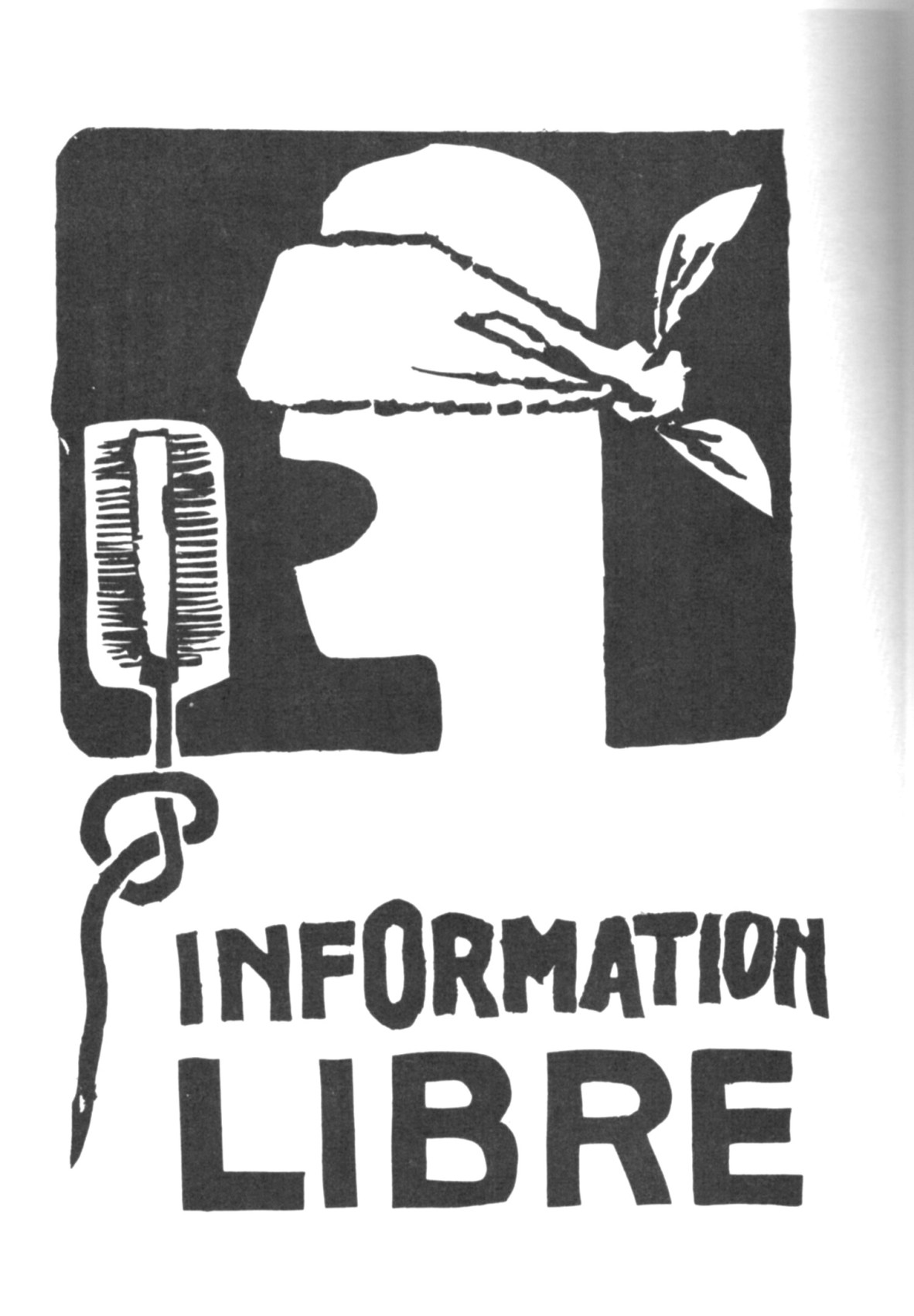
My first two posts explored a sense of the promise of libraries and also trepidation - which inevitably goes with this sense - that the promise of libraries is fragile; vulnerable amidst the profound structural changes continuing to radically alter the terms of its fulfillment. This trepidation can be disabling, which is a shame, because it means that consideration of the future of libraries is deprived of important voices.
In my last post I tried to weave a kind of psycho drama of resolution; I’m not sure how successfully. It seems a bit incomplete to me re-reading it now – as a piece of writing and as an exercise in resolution. Anyway, in this and future posts I’ll keep trying to pin down the promise of libraries, but in a less elliptical, hopefully more practically illuminating way. At least that’s my intention now.
I’ll start by recounting my own son’s (Max’s) first encounter with the State Library of Queensland. The same story was the basis for a short article in the now defunct SLQ Magazine in 2009, but this is an opportunity to more explicitly tease out the theoretical issues.
At the time Max was sixteen years old and in his last year of school. He had a good history teacher who had begun to bring the subject alive for him. Still, he wasn’t all that engaged. The set assignments seemed interesting enough to me but reading materials or references were never supplied. The students were left to do their own ‘research’, which usually meant relying exclusively on Google or, slightly better, throwing a few keywords into a database search engine and selecting something from the first screenful or so of usually thousands of hits. So Max never learned very much. Being a librarian I tried to persuade him to go to either his school library or the State Library but he was never interested. He’d tell me about the half formed or misleading or under specialized or over specialized or peripherally relevant material he turned up with his Google searches, boasting what a clever Google searcher he was. I feared for his education.
For one of his last pieces of assessment he had to write an essay about a ‘protest movement’ of his choice. He mentioned to me that his teacher had shown his class a film about the shooting of protesters by National Guardsmen at Kent State University in the United States in 1968. A book I came across when I started working at the State Library came to mind – a large format book of the political posters plastered around Paris during the student lead uprising there in May 1968. They were very beautiful - bold monochromatic screen prints - red, black or a vibrant magenta you don’t see much these days. They displayed very vividly a potent mix of motivations compelling to the average 16 year old – hope, joy, impatience, frustration, reaching out for a place in the world; a dawning sense of strength and power.
Max was taken by the idea – more exotic than America, I suppose. Researching what happened in Paris, in May 1968 was his first use of the State Library, and his subsequent account of this experience seemed such an illuminating testament to the value of libraries that I wrote it down, transcribing, as much as I could remember, the actual words he used:
“I went after school one afternoon. I didn’t know what to do. I asked at a desk and a librarian came and took me to a computer terminal. She talked to me about what I wanted to do. She said she liked history and we talked about history for a while. She showed me how to use the catalogue, explaining what to do when I got stuck. Eventually we got to a screen which listed about eight books. They were all old and had to be ordered. The librarian told me where to go.
I sat down with my pile of books. They smelt strange and seemed fragile. You could tell that many of them hadn’t been opened for a long time. A few were written by people who had been in the protests.
I spent hours at the library reading the books – that afternoon and the next two days, in between Block exams, staying late and going home with my dad. I didn’t know that old books could be so interesting. Some of those books must have taken a very long time to write – a year maybe. You could tell a lot of care and feeling had gone into them; they were nothing like anything I’ve ever read.
One of those nights going home with my dad I said to him that I didn’t think that books in shops today were nearly so good. He said that wasn’t true.
“But not books like that”, I said.
“Not with those particular ideas; not today”
“But they’re still interesting …they’re not old at all.”
He laughed and said, “they’re not really that old!”
“But they’re not dead”.
deadAnyway, this was an educational grace moment: three educational institutions – the family, school and the library doing their job to ensure a transformative outcome.
What was the State Library’s contribution? Firstly Max, who had never used a large library before, was welcomed by a real, flesh and blood person, who effectively presented herself as knowledgeable and also interested and responsive. This immediately set him at ease which meant he was far more prepared to communicate his needs and interests. The reference librarian was sufficiently knowledgeable to take a genuine and informed interest in his reason for being at the library, which for him lent an importance to his endeavor beyond the requirements of school. At a practical level, in helping Max with his immediate needs,the reference librarian took the opportunity to train him in the use of the library.
Beyond the contribution of the reference librarian, all the technical labour of cataloguing and maintaining and improving the library’s catalogue system culminated in Max being able to get to a list of relevant materials within a few key strokes. Perhaps the real miracle is that he was presented with just eight titles and they all perfectly addressed his needs. What he benefited from that day in September 2009 was the labour of the dedicated State Library staff in the early 1970s, who selected, acquired and catalogued these particular eight books – and of course the care the library extended those books in the intervening forty or so years – continuing to make them available on request.
Finally the library provided an environment propitious to reading: quiet, comfortable but also occupied by other people reading, where Max could feel the pleasures of membership of a wider community of learners, including people his own age, for whom he could feel a deeper affinity.
Successful educational outcomes in libraries depend at least on all these things happening in a coordinated way, invested at every stage with knowledge, expertise and deep concern for present and future library users – selecting materials, acquiring them, making them discoverable, providing a reference service that functions not only to provide practical help and training in the use of library and information services but also affirmation – affirmation that the library is one of a web of institutions supporting people’s intellectual, cultural and social growth, something that may also be powerfully communicated by the design and appointment of spaces and the overall approach and demeanor of staff.
This scenario, which has print materials and a physical building rather than online material and Max’s bedroom at its heart might be considered awfully dated but I believe that the needs it involves – and the institutional role it highlights - are as timeless as ever. Therein lies the promise of libraries – small miracles that last a lifetime. The challenge facing libraries today is to innovatively adapt digital technologies to continue to serve these sort of needs; not to abandon them.

Comments
Your email address will not be published.
We welcome relevant, respectful comments.